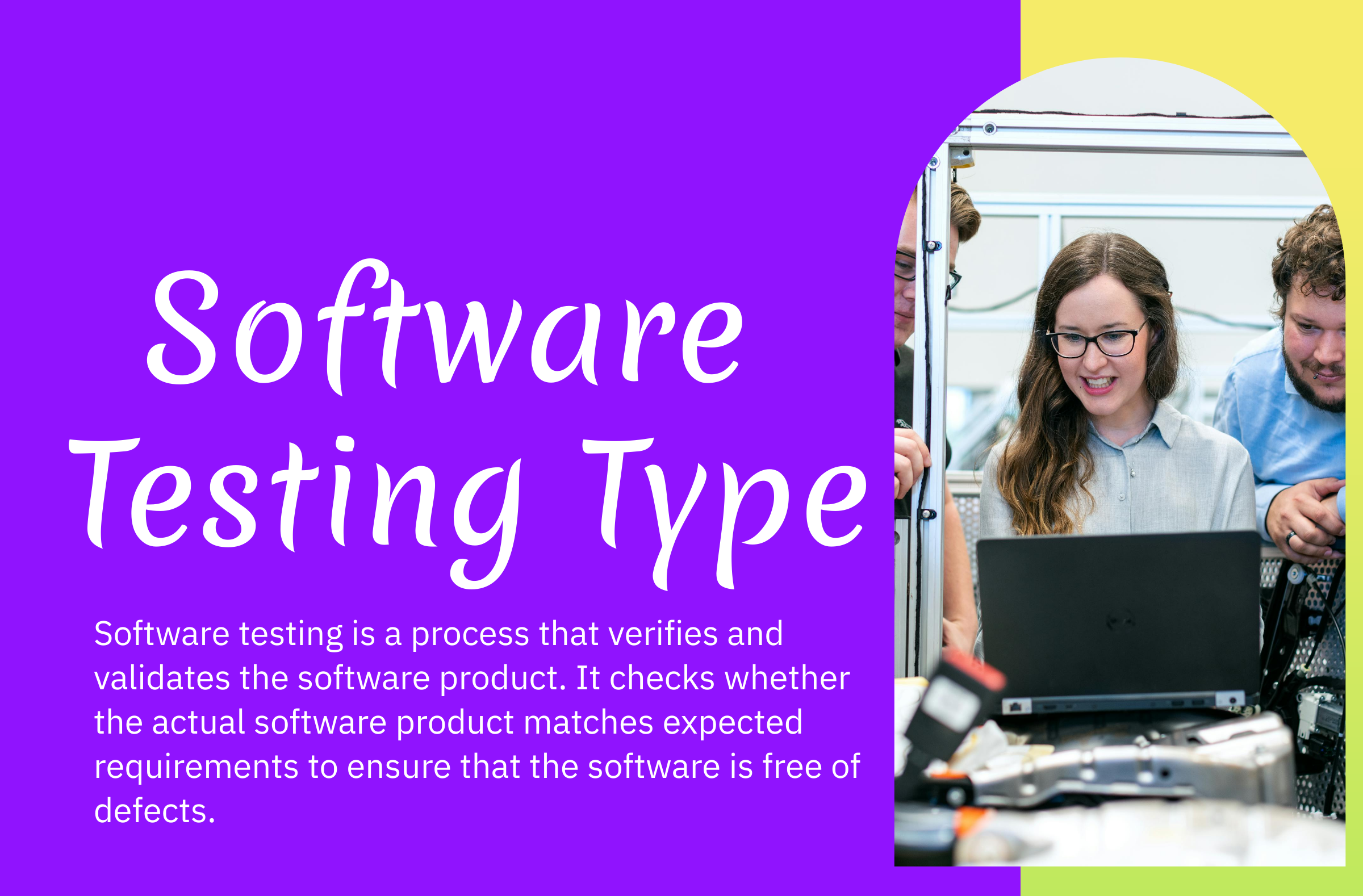Infographics : Software Testing Type
Infographics : Software Testing Type Software testing is a process that verifies and validates the software product. It checks whether the actual software product matches expected requirements to ensure that the software is free of defects. Software testing is a vital process in the development lifecycle, ensuring quality, efficiency, and user satisfaction. It involves a … Read more




